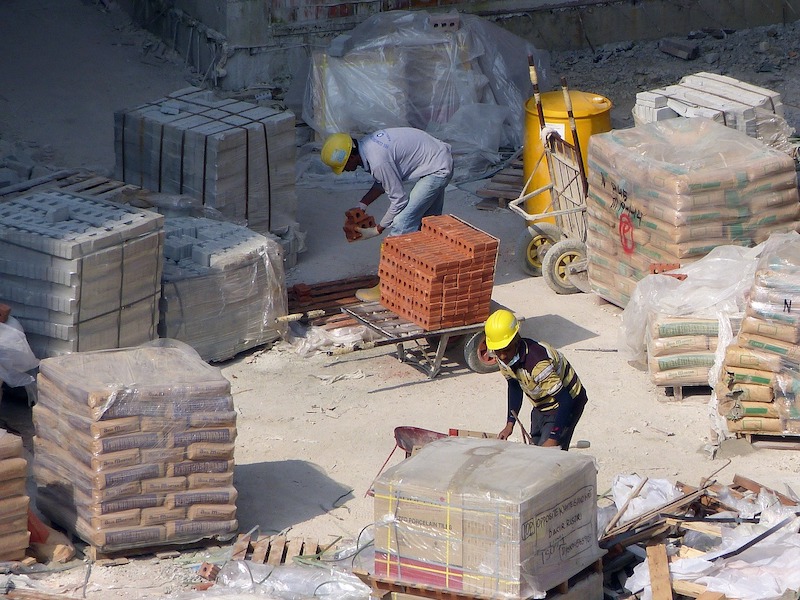Most of the nation’s building code officials are within a decade or so of retirement, and many do not have understudies in place to step into the role when they call it quits.
This is a looming crisis for the real estate development and construction sector of the economy. According to a survey by the International Code Council (ICC), 80% of inspectors plan to retire within 15 years, and 30% plan to leave the profession within five years.
In years past, cities and towns tended to hire younger people who worked with experienced professionals and were able to bolster their education on the job. That practice changed, however, during and after the recession of 2008-2009 when communities laid off workers and in many cases haven’t replaced junior code inspectors that were let go.
The ICC is working to avoid an inspector shortage with programs such as one that teaches students in technical high schools how to navigate building codes. The goal is to improve code compliance and highlight the possibility of tradespeople moving to codes roles.
Related Stories
Codes and Standards | Sep 22, 2021
Group proposes Carbon Use Intensity metric for new buildings
Plan would track embedded carbon on projects.
Codes and Standards | Sep 22, 2021
Illinois’s sweeping climate bill includes statewide stretch code, building electrification measures
Aims for zero-emissions power sector by 2045.
Codes and Standards | Sep 22, 2021
Cities need to step up flood mitigation efforts to save lives
Recent storms highlight climate change dangers.
Codes and Standards | Sep 21, 2021
Steps to improve ventilation for Covid can combat colds and flu
New look at airborne disease spread shows time viruses linger in air may have been underestimated.
Codes and Standards | Sep 15, 2021
USGBC will change leaders, conduct strategic review
Aims to ensure organization is ‘well positioned to scale its work in the post-pandemic world’.
Codes and Standards | Sep 15, 2021
LEED-certified offices earn higher rents than non-sustainable properties
Are also more resilient to dips in real estate market.
Codes and Standards | Sep 7, 2021
Boston turns to developer fees to fund flood protection infrastructure
Assessments on commercial properties will help build seawall and other protective measures.
Codes and Standards | Sep 3, 2021
Low-cost methods can have substantial impact on reducing embodied carbon
Whole-building design, material substitution, and specification strategies can slash carbon by up to 46%.
Codes and Standards | Sep 2, 2021
Case for power resiliency in buildings grows with more disaster and outages
Essential businesses like data centers, hospitals are first adopters of new storage systems.
Codes and Standards | Aug 31, 2021
UK industry group wants mandatory whole-life carbon assessments of buildings
Aims to address hidden emissions embedded in supply chains.

















